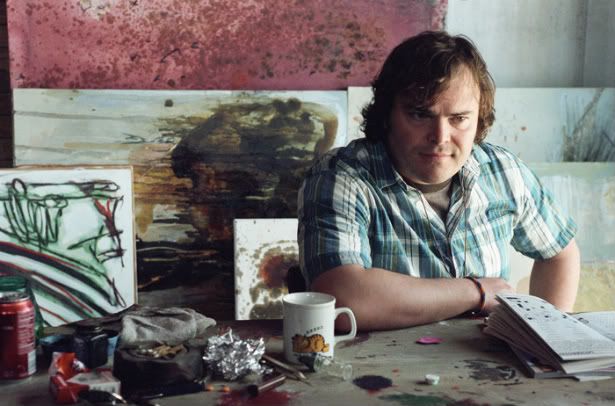
View Trailer
Margot At The Wedding
*----
This is a tough one for me. If you read my review of Darjeeling Limited you would know that I had high expectations for Noah Baumbach's new film Margot At The Wedding. Really high expectations. In my defense, his track record is tremendous. If you haven't seen every single one of his earlier films (Kicking and Screaming, Mr. Jealousy, Squid and the Whale) then I suggest you spend a weekend catching up, because I can sincerely recommend watching every one. But now we find ourselves with Margo At The Wedding, a film which I can not recommend anyone seeing without a seared conscience and a heaping spoonful of self loathing.
With that in mind, I must say, Margot At The Wedding is not a "bad" movie. At least not in the technical sense. I will point out what nearly every other reviewer will take note of. The acting is tremendous. The cinematography is striking and beautiful. The editing is tight and well done. In fact, just about every aspect of this film is well designed and expertly executed.
The trouble is with it's content.
Noah Baumbach has already proven himself to be an adept and brilliant writer. Even with his film Mr. Jealousy, his most prominent mainstream creation, he managed to create brilliantly clever dialogue, intriguing characters, and a creative storyline. And it worked. In his latest work, his refined skills are evidently portrayed. In my most favorite scene of the film the two leading characters, Margot (Nicole Kidman) and her sister Pauline (Jennifer Jason Leigh) have an extended conversation while moving room to room. The scene is otherwise normal, with an exception to the fact that Margot appears to shut each window only a short time after Pauline opens it. Neither character mentions it, and it is fairly easy to overlook. What Noah does is he creates metaphors out of seemingly minute details. This scene illustrates the constant push and shove sibling rivalry which is ignored, yet constantly apparent. It's brilliant, but again, it's easy to overlook. While I'm all for subtle details, the movie severs all ties with it's greater audience as often as it can.
The closest I can come to describing the film is by saying it is the relational equivalent to Hostel. While you wont see anyone jam needles into peoples eyes, you will see people tear at each others emotional soft spots and expose their most hidden weaknesses. It causes the same kind of cringing, but whereas a film like Hostel can scratch that sickening itch, Margot causes you to break out into emotional hives which will reasonably not be relieved by the film's close.
Here's what Margot At The Wedding is. It's a great course in Film 101. Some wold call it a great character study. Frankly, it's a good lesson in what you can do in movies, but are better off avoiding. No doubt, this film will gain some followers. Those individuals will no doubt be college film majors and old people living in Bethesda MD. Unfortunately, I hate both of those people. Logically, I have no choice but to hate Margot at the Wedding. Save the ten bucks.







